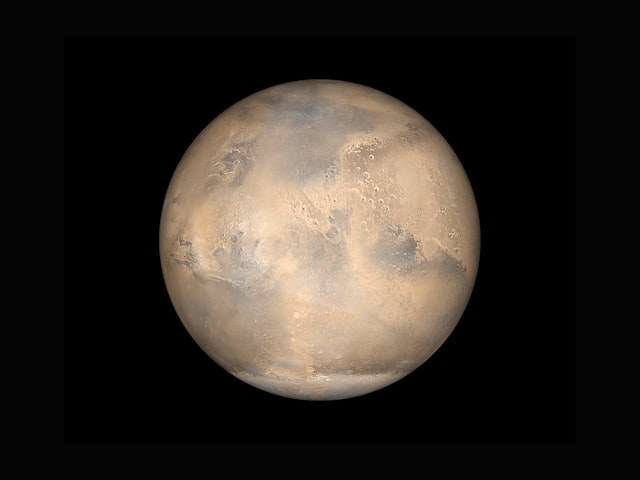2013年の言葉(2)
.
「スペースX、そうでなくとも企業と政府のコンビネーションで生命が多惑星適応型になるよう進めていく必要があります。実際他の惑星に、火星が現実の唯一の選択肢ですが、基地を建設し、我々が本当に多惑星に適応できる種になるまで成長させていくのです。」
SpaceX, or some combination of companies and governments, needs to make progress in the direction of making life multi-planetary, of establishing a base on another planet, on Mars – being the only realistic option – and then building that base up until we’re a true multi-planet species.
TED Talks, February, 2013
.
.
「子供の頃、ロケットを作ったことはありますが、まさか自分がロケット製作に携わるとは思っていませんでした。これはむしろ子供時代の興味より、未来をエキサイティングで感動的なものにするために、何が必要なのか、という観点からでした。というのも人類が宇宙文明を持ち、複数の惑星で星々を探索し、本当にエキサイティングであるのと、地球上に永遠に閉じ込められ、やがて絶滅するのとでは、未来を見たときに根本的な違いがあると思うのです。」
“I did build rockets when I was a kid, but I didn’t think I’d be involved in this. It was really more from the standpoint of what are the things that need to happen in order for the future to be an exciting and inspiring one ? And I really think there’s a fundamental difference, if you look into the future, between a humanity that is a space-faring civilization, that’s out there exploring the stars, on multiple planets, and that’s really exciting, compared with one where we are forever confined to Earth until some eventual extinction event.”
—TED Talks, February, 2013
.
.
「最高のものを作るために、格別厳しくありたいです。悪いところを全部見つけて、それを直す。」
You want to be extra rigorous about making the best possible thing you can. Find everything that’s wrong with it and fix it.
—Business Insider, September 12, 2013
.
.
「批判的なフィードバックを求め、何が問題なのかを(友人に)聞いてください。友人はあなたの気分を害したくないので、何が問題なのかを正確に言いたがりませんが、多くの場合、彼らは知っています。それが本当に役に立つんです。そして、より良いものを作ろうと努力し続けるのです。結果、あなたの製品なりサービスなりが他よりも十分に優れている場合、あるいは、他に同じものがない場合、あなたの会社は成功するのです。」
Seek critical feedback, ask [friends] what’s wrong. You often have to draw it out in a nuanced way because friends don’t want to tell you exactly what’s wrong because they don’t want to hurt your feelings, but they often know. So that can be really helpful. And then you keep trying to make it better and better. And then if your product/service is sufficiently better than whatever else is out there, or if there’s nothing else like it, then your company will succeed.
—Hangout with Elon Musk and Sir Richard Branson, Google for Startups, August 8, 2013
.
.
「月並みな表現ですが、最近はシャワーを浴びているときにアイデアが浮かぶことが多いんです。それは、アイデアをずっと考え続けることで、寝ている間に無意識のうちに頭の中で処理しているからです。朝起きて、まず何をするでしょうか?シャワーを浴びるんです。」
It’s something of a cliché, but a lot of my ideas nowadays come to me when I’m in the shower… It’s because I’ve been thinking about them, the mind processing them subconsciously while I’m sleeping, and what’s the first thing you do when you get up in the morning ? You take a shower.
—Queen’s Alumni Review, Issue
.
.
「夜遅くまで歩き回ることもあります。ある問題を解決しようとしていて、その問題のいくつかの要素がもう少しで解明できそうだと思ったら、何時間も歩き回って考えようとするんです。」
There are times, late at night, when I pace. If I’m trying to solve a problem, and I think I’ve got some elements of it kind of close to being figured out, I’ll pace for hours trying to think it through.
—Queen’s Alumni Review, Issue
.
.
「よく働いています。つまり、たくさんです」
“I work a lot. I mean, a lot.”
—TED Talks, February, 2013
.
.
「適切な睡眠時間をなんとなく把握できるようになりました。睡眠時間がある一定時間を下回ることで分かったことです。何時間かは長く起きていることになり、維持することもできますが、正確さに影響が出るため、ものごとがはかどらなくなるのです。私の場合、一般的に6~6.5時間が適当であることがわかりました。」
I can sort of figure out what’s the right amount of sleep. I found I can drop below a certain threshold of sleep. Although I would be awake more hours, and I can sustain it, I would get less done because mental accuracy would be affected. I found generally the right amount for me is 6-6.5 hrs.
—CHM Revolutionaries: An Evening with Elon Musk, 2013
.



コメント